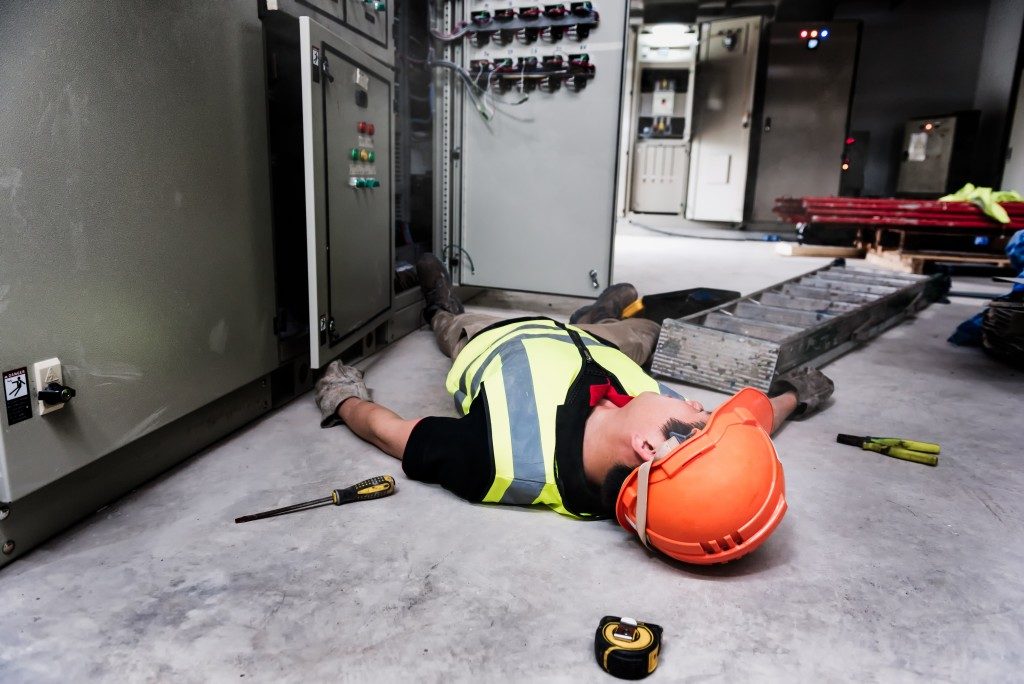Injuries that occur in retail establishments are mostly minor and are relatively uncommon. However, this doesn’t mean you can take the risk of having an employee or customer sustaining an injury on your property.
Don’t wait for a letter from a personal injury lawyer to arrive in the mail. To protect both your staff and customers from bodily harm, take note of the following safety precautions:
1. Remove tripping and slipping hazards
The number one legal problem that many business owners face are slip-and-fall accidents. This type of accident can result in varying degrees of injury, often minor but sometimes severe. Regardless of the severity of the injury, your store can be held liable if the accident resulted from your negligence.
Unlike in a restaurant, preventing slip-and-fall accidents in a retail store is relatively easier since you are not always dealing with food and drinks. Nevertheless, there are several safety precautions that you have to make to avoid slipping or tripping accidents:
- Keep the floors clean and dry
- Put up floor mats near the door if it is raining
- Clean up messes as soon as possible
- Prohibit customers from entering with food and drinks
- Keep debris, clutter, and other tripping hazards out of the way
- Fix tripping hazards such as loose carpeting, uneven steps, cracked tiles, etc.
- Cover cables and cords in hallways or walkways
- Keep walkways well-lit
- Ensure staff are wearing proper, slip-resistant shoes

2. Reduce the risk of falls
If your store’s backroom has shelves that are high enough to require a ladder, ensure that the ladders are stable and correctly positioned. Fix cracks, holes, and other imperfections on the floors that might cause ladders to become unstable. On the other hand, if your store has stairs, install no-slip treads on the steps and make sure that the handrails are not slippery.
3. Conduct proper training
Lifting heavy objects and making repetitive motions cause retail workers to be susceptible to musculoskeletal injuries. As an employer, it is your responsibility to train staff on how to do their job safely, not only for their own good but also for your protection against liability.
Conduct proper training for each employee that you hire. More importantly, give your employees time to rest if they feel the pain brought about by their tasks. It is much cheaper to give a worker a day off than to take them to the ER when they strain or sprain themselves. Alternatively, provide them with another job to do that won’t require as much movement.
4. Establish a plan in case of injury
Despite putting every recommended safety precaution in place, the risk of injury is still not zero. When an accident does happen in your retail store, be prepared with an injury care plan. Establish a care plan for different types of injuries, such as falls, slips, or cuts, and ensure that your employees know what to do in case something happens.
Business owners, especially small retail stores, must put the utmost effort into mitigating safety risks in the workplace. Not only does being proactive in this matter help prevent losses, but it also helps protect your employees and their livelihood.



